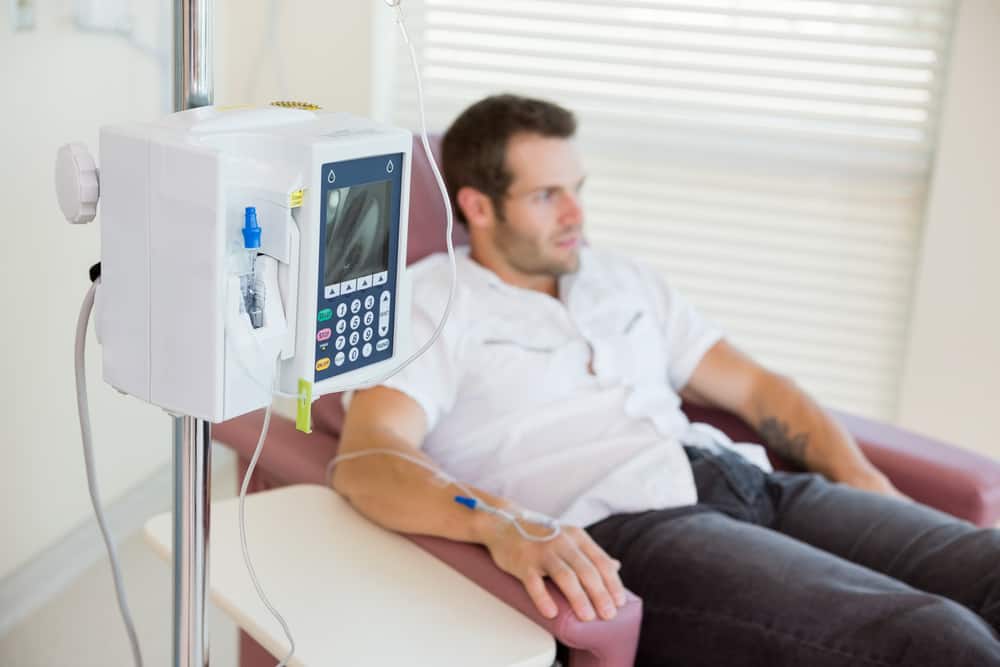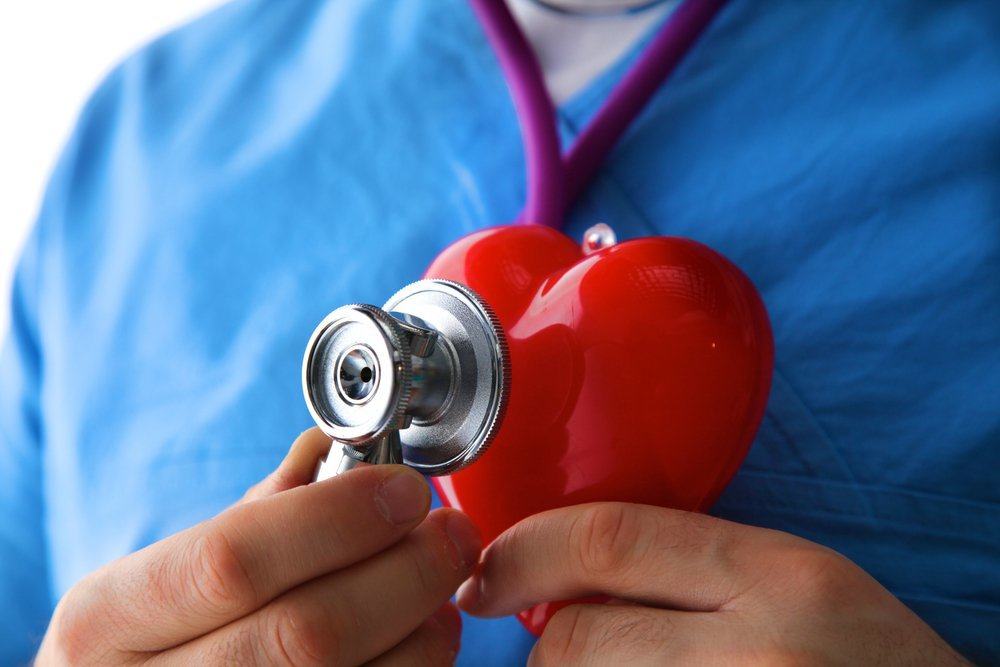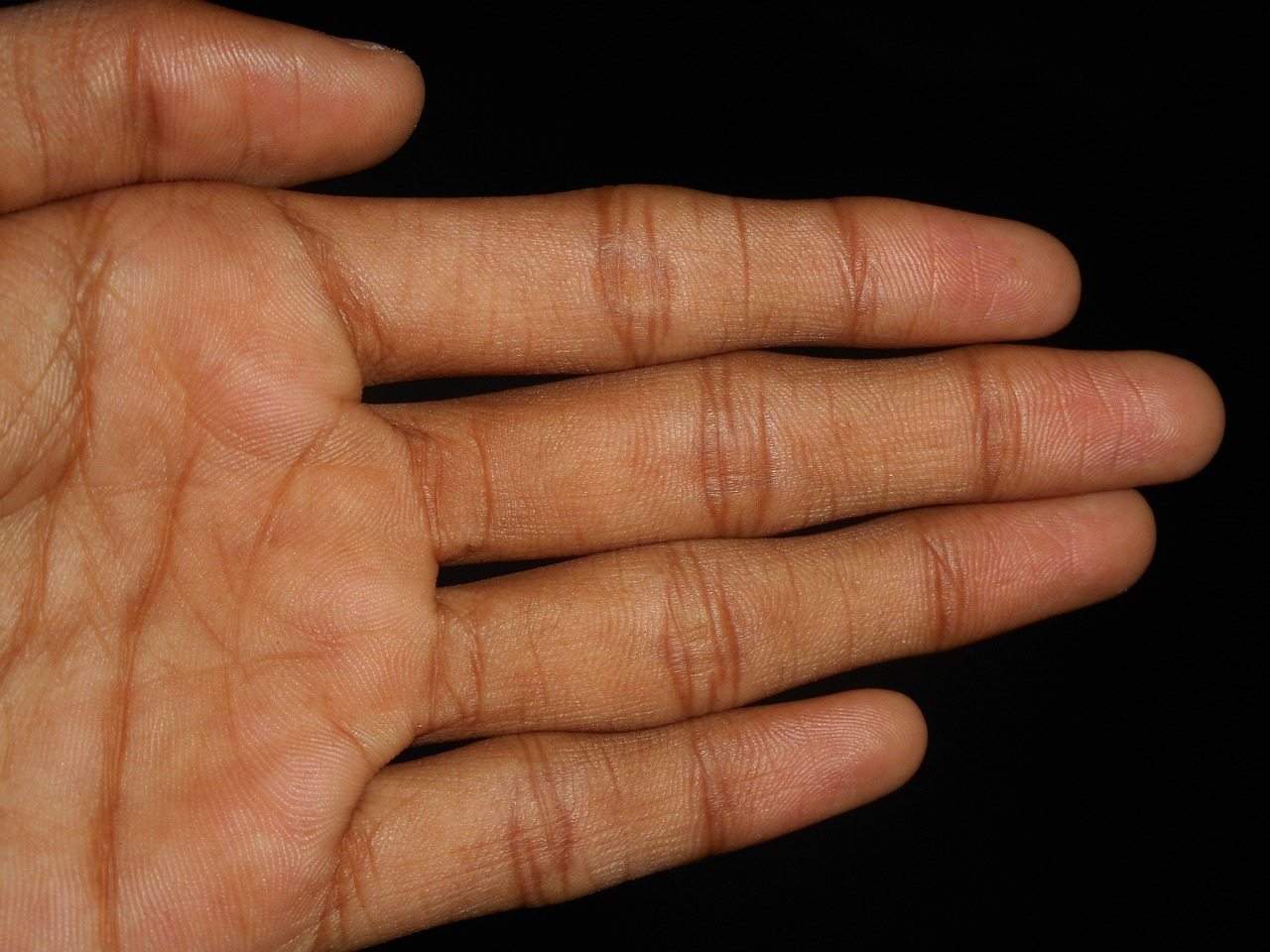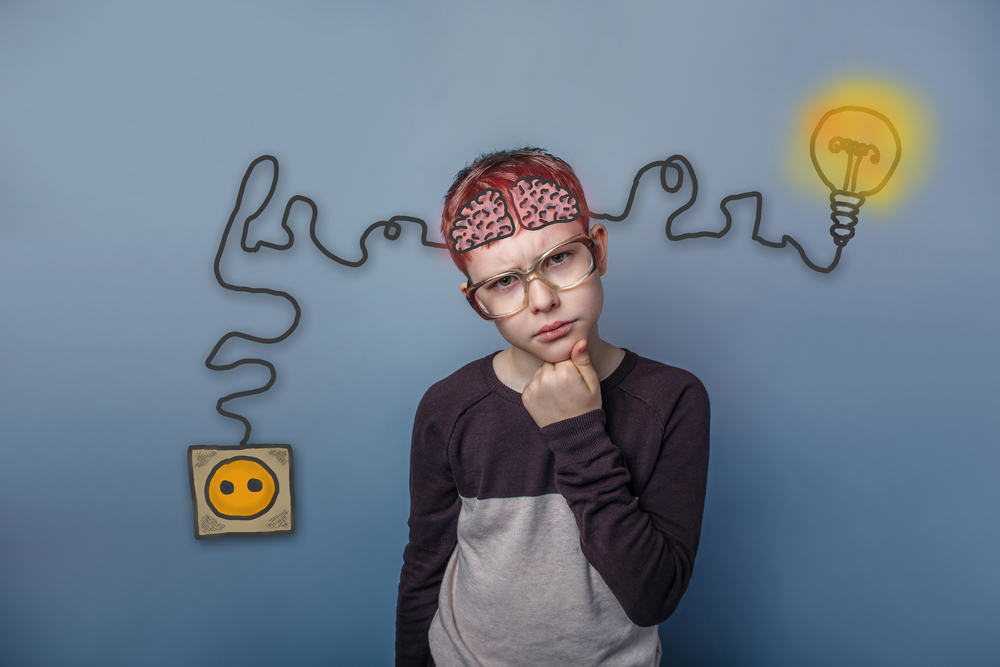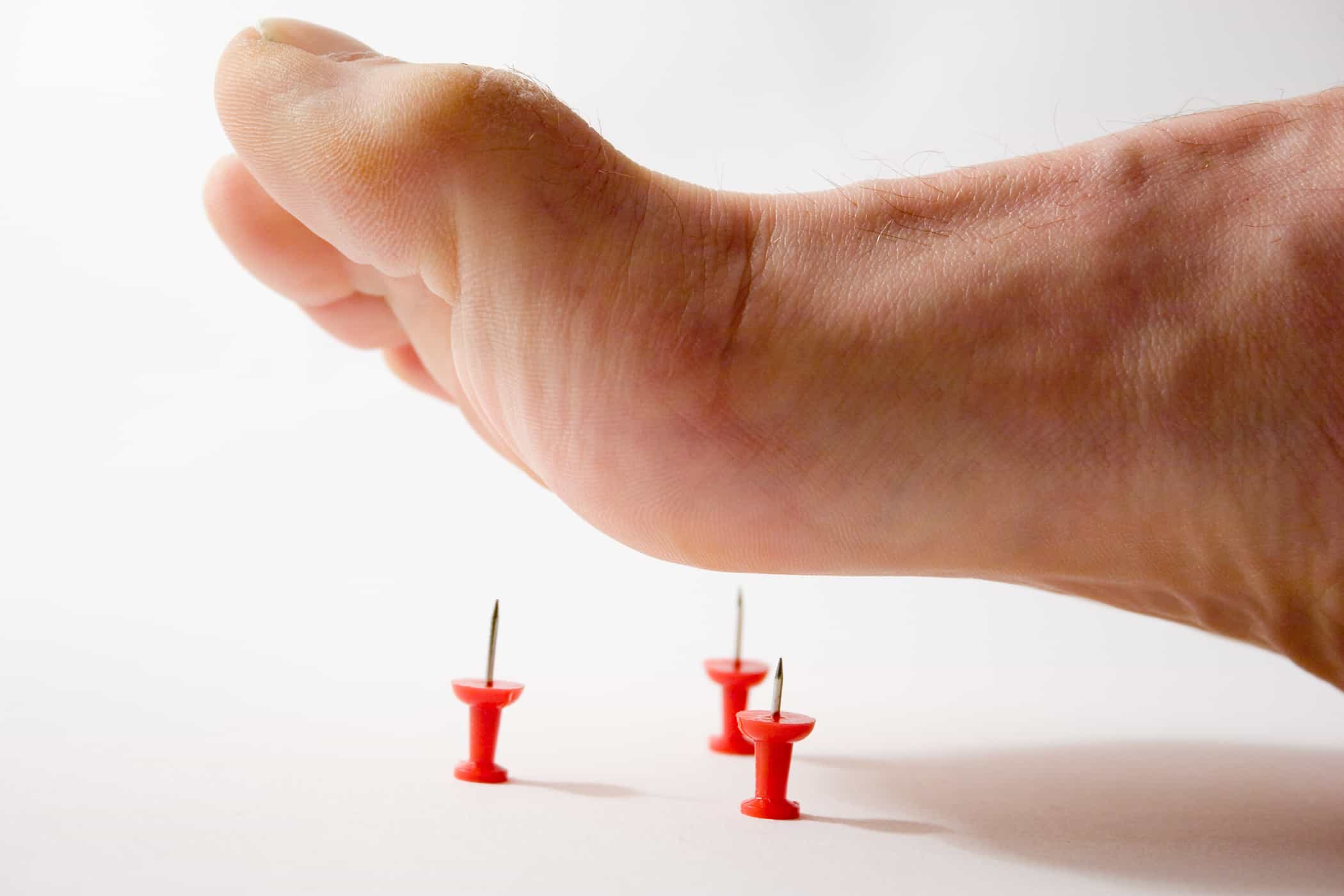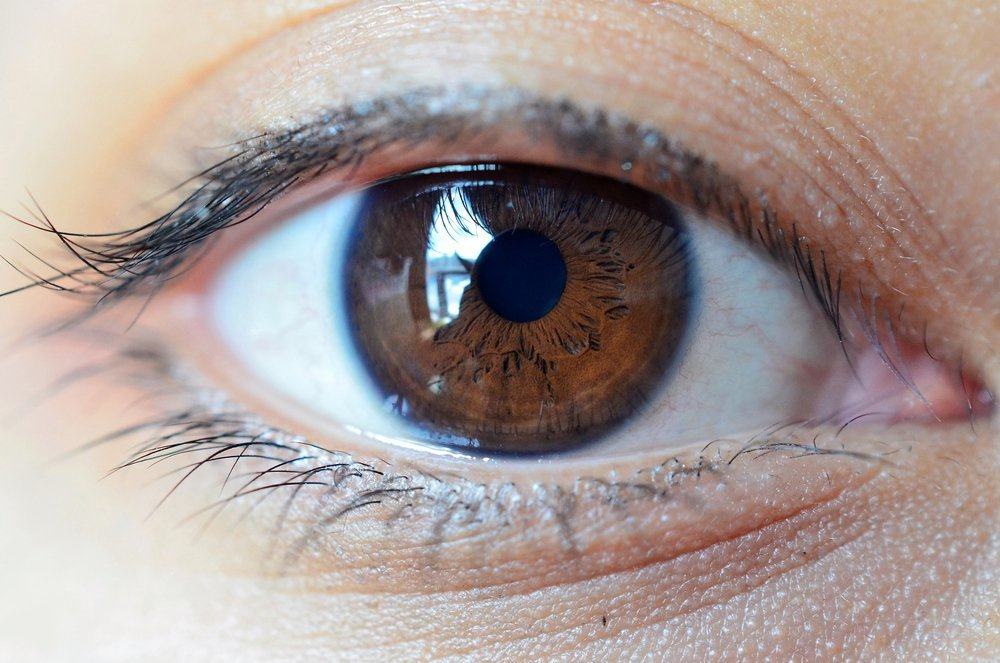Contents:
- Medical Video: Cancer Linked to Heart Disease
- How can chemotherapy cause heart damage?
- Chemotherapy drugs that have side effects on heart health
- Symptoms of heart and blood vessel disorders due to the side effects of chemotherapy
- What can the patient and family do?
Medical Video: Cancer Linked to Heart Disease
Cancer is a type of disease that requires aggressive treatment and has side effects. There are at least four types of cancer treatment methods and each of them has its own side effects. One method of cancer treatment is chemotherapy. The method of treatment is to use drugs with certain chemicals. Although quite effective, there are side effects of chemotherapy which can be alarming, namely the risk of heart and blood vessel disease (cardiovascular).
How can chemotherapy cause heart damage?
Chemotherapy is a cancer treatment method that is done through oral consumption (taken by mouth), injected, using infusion, or use on the skin. Chemotherapy drugs contain chemicals that play a role in stopping cancer growth by killing cells or stopping them from dividing. This method of treatment is usually done using a combination of chemotherapy drugs or carried out in conjunction with other treatment methods.
Chemotherapy can affect heart health since treatment begins. Some chemotherapy drugs have an effect angiogenesis inhibitor which causes obstacles in the formation of new blood vessel cells. This increases damage to blood vessels that are permanent over time and the more frequent treatment is done. Damage to blood vessels can increase blood pressure which results in hypertension, atherosclerosis due to blockage of blood chips, to the incidence of heart failure.
Besides this, other side effects of chemotherapy that can occur are heart rhythm disorders. This might cause the patient to lose consciousness (fainting) while undergoing a chemotherapy session. Other drugs are also known to cause cramping of coronary arteries and cause heart attacks.
In addition, the emergence of cardiovascular disease in someone who is undergoing chemotherapy can also be caused by:
- Treatment with a combination of chemotherapy drugs.
- Age, where young people and the elderly are more at risk of developing heart disease triggered by chemotherapy.
- Have a history of heart disease before.
- Exposed to radiation to the upper body or around the chest. Although only exposed in small doses, the combination of chemotherapy and radiation exposure is very dangerous for the heart.
Chemotherapy drugs that have side effects on heart health
Not all chemotherapy drugs can cause damage to the heart. Here are some types that are known to have side effects:
- Anthracyclines such as doxorubicin and epirubicin are known to cause damage to the heart and blood vessels in long-term use.
- Trastuzumab (Herceptin) and pertuzumab (Gambeta) can weaken the heart muscle and damage blood vessels.
- Mitoxantrone (Novantrone), paclitaxel (Taxol), and cyclophosphamide (Cytoxan, Procytox) are known to have side effects of heart failure.
- Taxane can interfere with the heart rhythm and cause arrhythmia in the short term.
- Capecitabine (Xeloda) causes cramping of coronary arteries and is at risk of causing a heart attack. However, the side effects of chemotherapy with this drug tend to be short-term and the heart condition can improve when stopping treatment.
Symptoms of heart and blood vessel disorders due to the side effects of chemotherapy
Immediately report to the doctor if the following symptoms appear after chemotherapy:
- Heart rhythm disorders
- Heart beats fast (tachycardia)
- Difficulty breathing
- Dry cough
- Swelling of the hands or feet occurs
- Experiencing weakness
- Symptoms of congestive heart failure arise
These symptoms can appear when someone is in a chemotherapy session. New symptoms can also appear after a period of time in a matter of weeks or even months when the chemotherapy session is complete. In addition, keep in mind that damage to the heart caused may be permanent (cannot be cured).
What can the patient and family do?
Understanding heart health conditions before you undergo chemotherapy treatment is very necessary to do as a step in early detection and prevention of heart disease while undergoing chemotherapy.
Your doctor may recommend using drugs such as dexrazoxane (zinecard) to protect the heart. Minimizing cardiovascular disease can only be done by adjusting the dosage and type of chemotherapy drugs when you experience symptoms or already have a history of previous cardiovascular disease.
In addition, avoid cardiovascular risk factors such as smoking while undergoing chemotherapy. Note the emergence of conditions such as difficulty breathing long and sudden weight gain. These things can be a sign of the emergence of heart disease as a side effect of chemotherapy.
However, the good news is you can reduce the risk of side effects of chemotherapy, especially when taking medication, with some of the efforts below.
- Take diuretic drugs
- Consumption of drugs that play a role in regulating heart rate
- Changes in diet by avoiding foods high in blood and fat
- Oxygen therapy when experiencing shortness of breath

